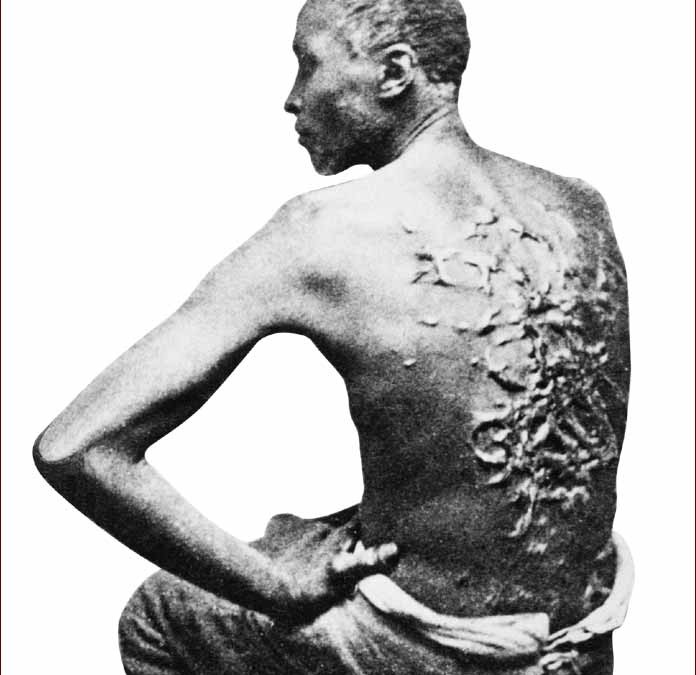It might sound strange at first, but the problem of slavery in America best reveals America’s goodness. Throughout history, slavery was a common practice that few, if any, thought to condemn — much less try to end. But in America, slavery became a problem, one that would not go away without unprecedented bloody sacrifice. This fact alone tells us much about the goodness of America.
America was destined for some kind of moral and political confrontation over slavery because, and only because, America was founded on the principle of human equality, a truth that stands diametrically opposed to slavery.
ASKING THE WRONG QUESTION
When Americans today ask why the Founders of 1776 did not immediately abolish slavery, or why they did not act more quickly, they’re asking the wrong questions. The right question is: Why did they establish a new regime on the idea that the individual rights of Americans are rooted in human nature, which they share with all human beings everywhere?
No people, anywhere, had ever attempted such a thing. Not in Africa, nor Europe, nor Asia, not in the peaks of Roman or Greek civilization, not anywhere else in the world was there a model of establishing a self-governing republic and trying to combine justice with the consent of the governed, all out of dedication to the principle that all men are created equal.
The American Founders did more than abstractly declare the principle of equality. They understood with perfect clarity the injustice of slavery precisely because they understood the principle of equality, taking every measure against slavery that prudence would allow in the circumstances of their day. When the famed black abolitionist, Frederick Douglass, studied the compromises made over slavery in the original Constitution, he concluded that it was nothing less than a “glorious liberty document.”
THE GREATEST ANTI-SLAVERY MOVEMENT EVER
From 1776 through the early 1800s, America witnessed the greatest anti-slavery movement ever, as half of the original states abolished slavery and active anti-slavery societies sprang up elsewhere, the importation of slaves from Africa was outlawed, and the spread of slavery to new territories was prohibited. While other nations and cultures historically took centuries or even millennia to identify slavery as a wrong and take actions against it, the Americans did even more in a mere two generations. And never let us forget that slavery is not some antiquarian subject from the past, but continues to this day is some sad parts of the world.
Nineteenth century changes in technology, economics, evolutionary theory, and Christian theology gave rise to a defense of slavery in America and a corresponding rejection of the Founding principles. America became divided and torn over whether it would stand upon the principle of equality or not. But Abraham Lincoln would not let that principle fade from our memory. As he reminded Americans at the Gettysburg cemetery, our country was “conceived in liberty and dedicated to the proposition that all men are created equal.”
He led America through its darkest hours, the horror of the Civil War, in order to preserve the principle of natural human equality and the Union built upon it. His reward was a bullet blasted through his brain.
Let us proudly remember that the equal protection of equal individual rights is the American ideal. And it’s right. Slavery and racism are wrong precisely because equality is right. Acknowledging past sins of slavery and racism in America in no way requires abandoning the principles of America. Just the opposite. The more we hate the ugliness of slavery and racism, the more we should cherish the true principle of equality upon which America was founded.
This is the real ground of American exceptionalism. It is a lesson about how rare it is for a nation to be founded on the universal principles of justice, how beautiful it is that a nation can strive and sacrifice to live up to those principles because they are right and good, and how the Americans were the first to figure that out and do it, however imperfectly.

